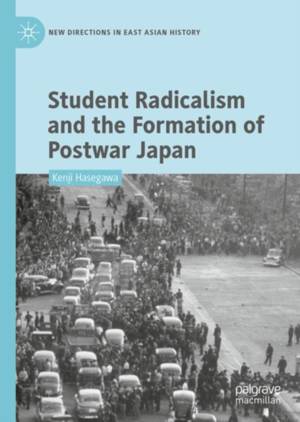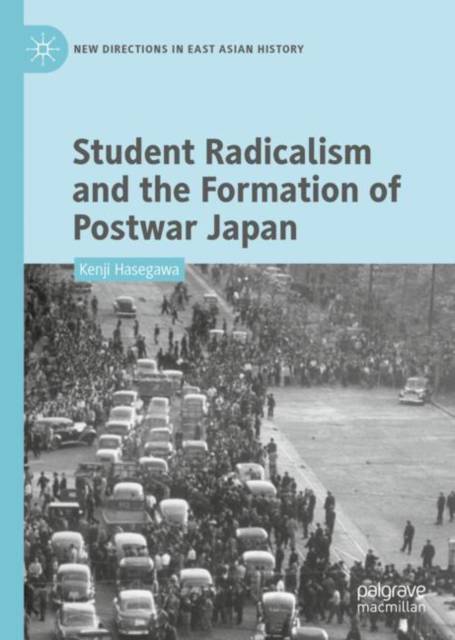
- Afhalen na 1 uur in een winkel met voorraad
- Gratis thuislevering in België vanaf € 30
- Ruim aanbod met 7 miljoen producten
- Afhalen na 1 uur in een winkel met voorraad
- Gratis thuislevering in België vanaf € 30
- Ruim aanbod met 7 miljoen producten
Student Radicalism and the Formation of Postwar Japan
Kenji HasegawaOmschrijving
This book offers a timely and multifaceted reanalysis of student radicalism in postwar Japan. It considers how students actively engaged the early postwar debates over subjectivity, and how the emergence of a new generation of students in the mid-1950s influenced the nation's embrace of the idea that 'the postwar' had ended. Attentive to the shifting spatial and temporal boundaries of 'postwar Japan, ' it elucidates previously neglected histories of student and zainichi Korean activism and their interactions with the Japanese Communist Party. This book is a key read for scholars in the field of Japanese history, social movements and postcolonial studies, as well as the history of student radicalism.
Specificaties
Betrokkenen
- Auteur(s):
- Uitgeverij:
Inhoud
- Aantal bladzijden:
- 218
- Taal:
- Engels
- Reeks:
Eigenschappen
- Productcode (EAN):
- 9789811317767
- Verschijningsdatum:
- 27/09/2018
- Uitvoering:
- Hardcover
- Formaat:
- Genaaid
- Afmetingen:
- 148 mm x 210 mm
- Gewicht:
- 421 g

Alleen bij Standaard Boekhandel
Beoordelingen
We publiceren alleen reviews die voldoen aan de voorwaarden voor reviews. Bekijk onze voorwaarden voor reviews.











